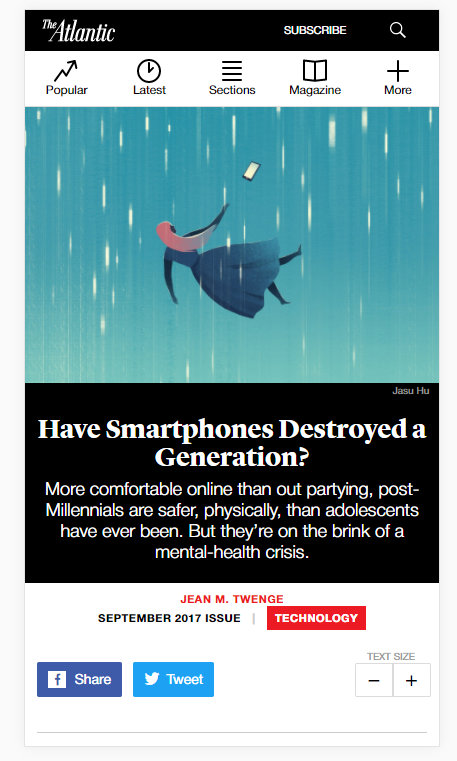An earlier draft of the W.B. Yeats poem, "The Four Ages of Man":
THE FOUR AGES
He with Body waged a fight;
Body won and walks upright.
Then he struggled with the Heart;
Innocence and peace depart.
Then he struggled with the mind,
His proud Heart he left behind.
Now his wars with God begin;
At stroke of midnight God shall win.
This version appeared in a 1934 letter from Yeats to Olivia Shakespear, quoted in Richard Ellman's The Identity of Yeats. I prefer the gender-neutral title. The other differences with the finished poem are (i) the words "body" and "heart" aren't in initial caps and (ii) the second line is "But body won; it walks upright" (too many semicolons!).
In any case, this poem offers a capsule version of Yeats' book A Vision -- the cycles apply to the individual as well as historical, collective "ages." I like the poem's elegance, brevity, and certainty.




